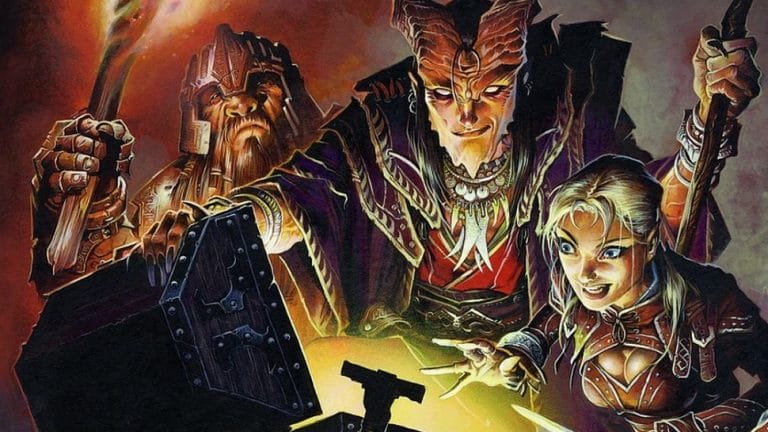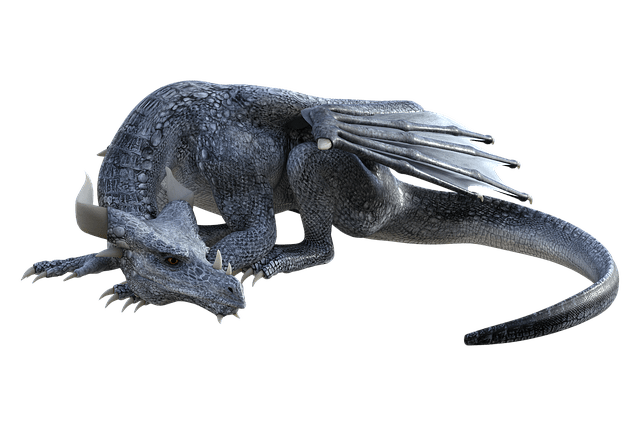 You’re sitting around the table with several friends and one begins to speak, “It’s dusk and the road is dusty and rutted. The town is another half day’s walk. Your pack is getting heavy and it begins to rain.
You’re sitting around the table with several friends and one begins to speak, “It’s dusk and the road is dusty and rutted. The town is another half day’s walk. Your pack is getting heavy and it begins to rain.
As the rain continues you feel cold as the dampness of your rain-soaked clothes settles into your bones. Thunder rumbles in the distance and suddenly the sky lights up with a flash of lightning.
You peer through the grey and shadowed trees just off the road as you scan the area for someplace to take shelter. You can’t see much, but you know from the many times you’ve taken this route between Scarsdale and Oren, there isn’t a soul or house or even a cave nearby.
What do you do now?” And so the story begins.
With all the chatter and YouTube videos, plus the new Dungeons and Dragons movie, there aren’t too many people who haven’t heard about the game. But if we move past the hype we’re left with the question what’s it really all about?
Essentially, Dungeons and Dragons (D&D) is a tabletop role-playing game. It’s a mix of roleplay, storytelling, strategy, and chance all rolled (forgive the dice pun) into one immersive game.
I’ve been playing DnD since 1975 and every time I play it’s different. The people, the mix of characters, and the choices we make always provide a fun and exciting experience each and every time I roll the dice.
Pandemic shutdowns over the past three years have given me the opportunity to share my passion with more people because the tools available are amazing!
And now, we’re adapting our adventures to engage our community. Why?
Because D&D can be a highly beneficial activity for neurodiverse participants. It provides opportunities for social interaction, creativity, skill-building, and personal growth. The game provides a supportive and inclusive environment where individuals can explore their identities, practice new skills, and build connections with others.
It’s one more tool in our Empowered Self Program toolkit that can have many benefits for neurodiverse individuals. From improving social skills to fostering creativity and strengthening executive functioning, DnD has a lot to offer.
Let’s start with improving social skills. D&D involves group problem-solving and cooperative storytelling, which can help neurodiverse participants improve their social skills and build connections with others in a structured and supportive environment. Through role-playing their characters, they can practice different social behaviors, communication styles, and problem-solving techniques.
What about encouraging creativity? D&D is a game that encourages creativity and imagination. A player creates and develops  their character, giving them an opportunity to explore different aspects of their personality, express themselves, and develop their own storylines which further provides an outlet for their creativity and imagination.
their character, giving them an opportunity to explore different aspects of their personality, express themselves, and develop their own storylines which further provides an outlet for their creativity and imagination.
One of the most important aspects of playing is that the game helps develop executive functioning skills without focusing on lists, calendars, and reminders. After all, D&D requires planning, organization, and the ability to prioritize and execute actions. These skills are important for neurodiverse individuals who may struggle with executive function. Through playing the game, they can practice these skills in a fun and engaging way. For example, they may need to manage resources, make strategic decisions, and keep track of multiple pieces of information at once.
Playing DnD also helps players build confidence because they step into the shoes of their characters and take on new personas. This can help to also build self-esteem as they explore new roles and try out new behaviors. The game provides a safe space to experiment with different identities and practice being assertive, confident, and proactive.
As I just mentioned, we play a game that provides a safe and non-judgmental space for neurodiverse participants to express themselves and try out new ideas without fear of serious consequences. D&D is designed to be inclusive and accepting of different identities, backgrounds, and perspectives. This can be particularly important for individuals who may feel marginalized or misunderstood in other social contexts.
DnD also helps improve the communication skills of everyone at the table. Communication between players and the Dungeon Master (DM) is vital to moving the story forward and solving challenges. This can help neurodiverse participants improve communication skills such as active listening, asking for clarification, and practicing giving and receiving feedback.
So … what the heck is a “Neurodragoneer”? Simply, it’s our special kind of adventurer. We’re a family of different thinkers. It made sense to blend the two concepts into a fun, unique, and utterly BEST concept; the Neurodragoneer.
Interested in playing? Look for upcoming openings in several adventures you can register for. Keep your eyes open for announcements and updates.
See you at the table!

